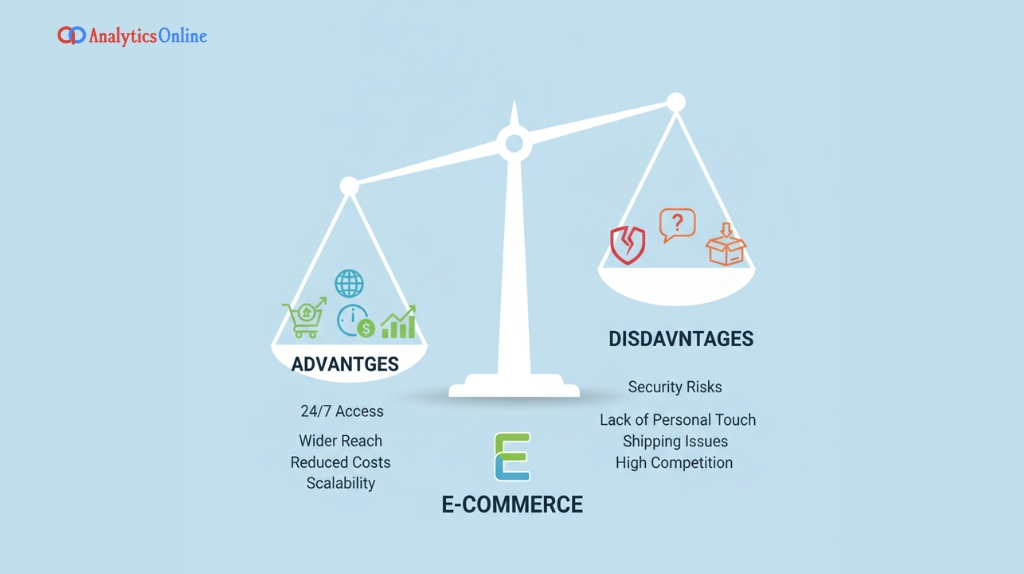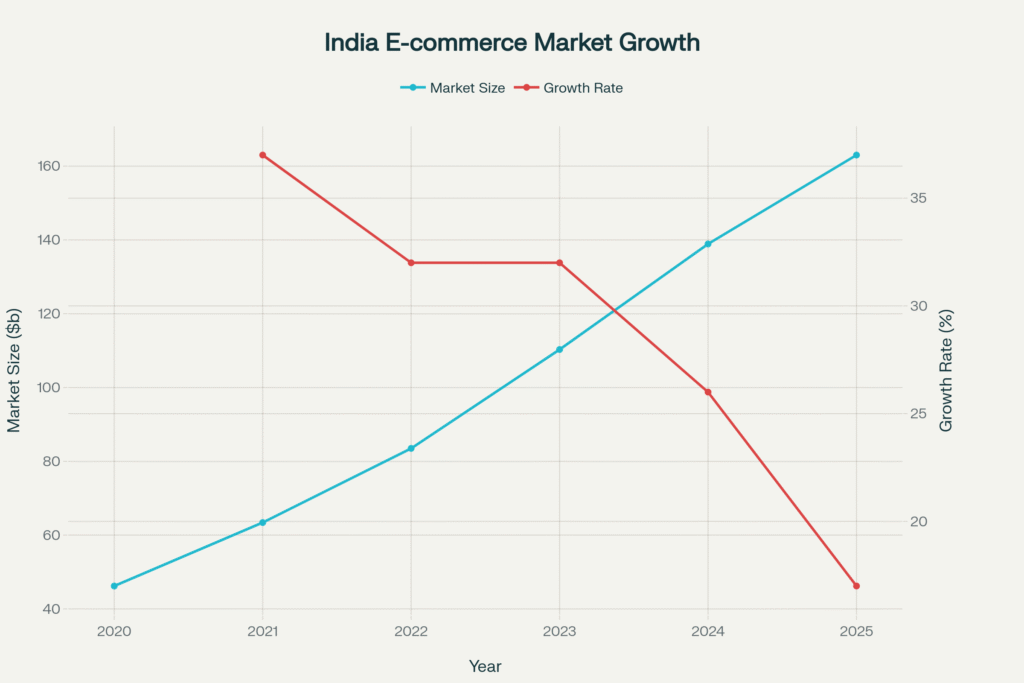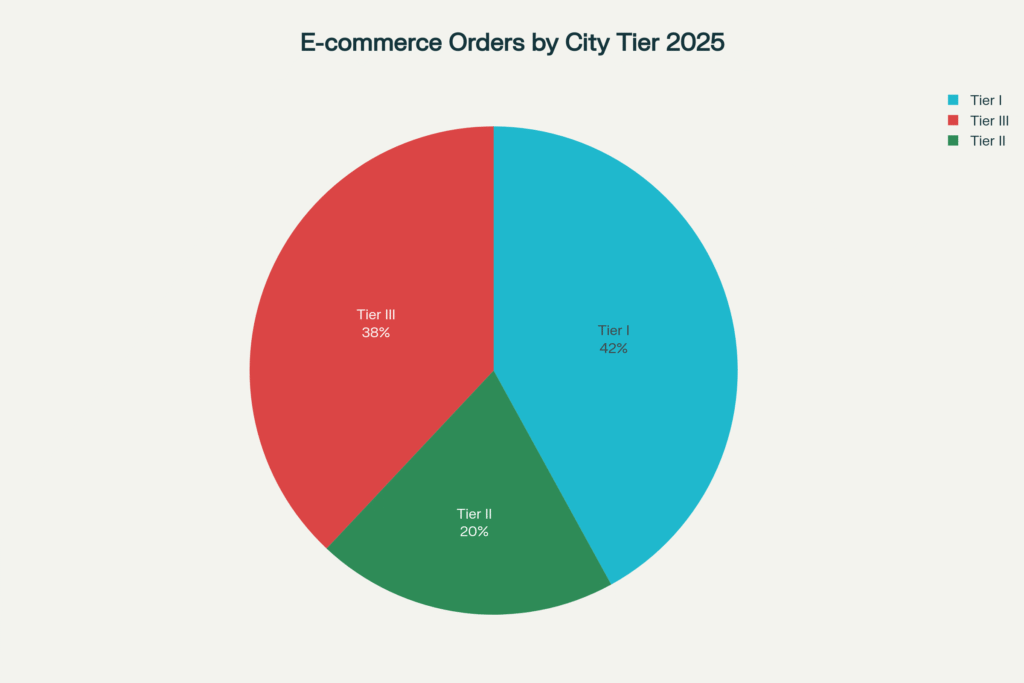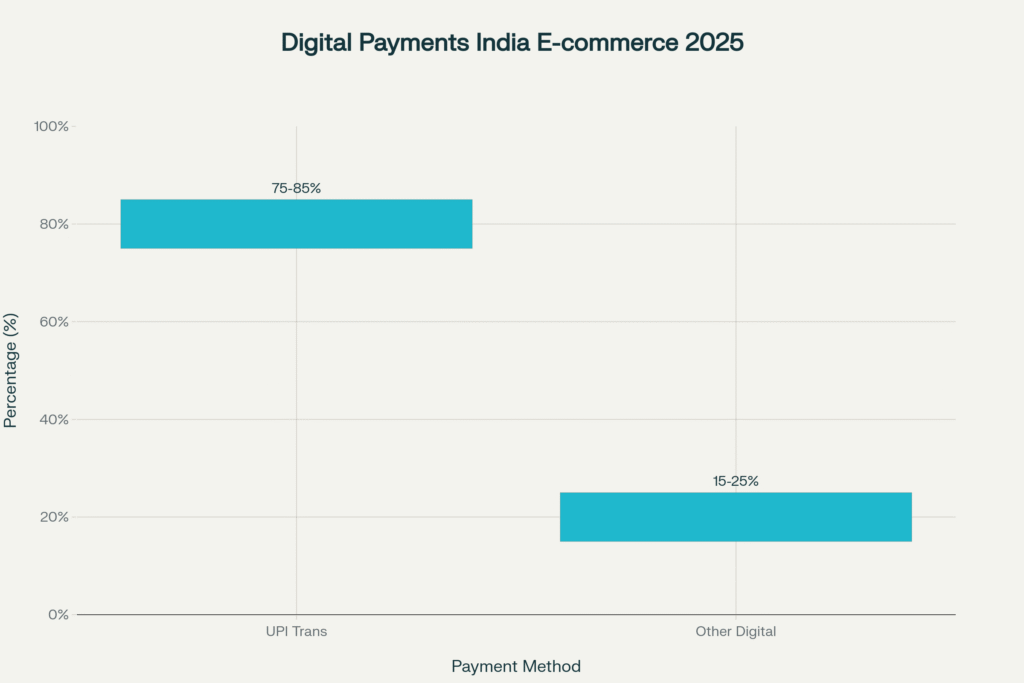
The modern world is moving fast, and technology has changed almost every part of our lives. One of the biggest changes is in the way we shop and do business. Gone are the days when people only went to local markets for buying products. Now most people prefer shopping online from the comfort of their homes. This new method is called e-commerce.
E-commerce simply means buying and selling products or services using the internet. Whether you are ordering food online, booking movie tickets, buying clothes, or even purchasing furniture, you are already a part of e-commerce. But like every business model, e-commerce also comes with positives and negatives. For any entrepreneur, shop owner, or startup founder, it is important to understand these before deciding to start an online store.
In this blog, we will discuss the advantages and disadvantages of e-commerce in detail. We will also share why choosing the right technology partner such as a professional Website Development Company in Patna can help you maximize the benefits and reduce the challenges of online business.
What Makes E-Commerce Popular?
Before we dive into the pros and cons, let us understand why e-commerce has grown so fast. In India, the expansion of internet access, cheap data packs, and affordable smartphones has allowed millions of people to shop online. On top of that, big platforms like Amazon, Flipkart, and Myntra have set strong examples of how convenient online shopping can be.
Small businesses are also joining this wave by building their own e-commerce websites to sell products directly to their customers. In tier-2 cities like Patna, this trend is also increasing as more people are choosing digital over traditional.
Advantages of E-Commerce
E-commerce can be highly rewarding for both customers and sellers. Let us look at its major advantages:
1. Unlimited Customer Reach
One of the biggest advantages of e-commerce is the ability to reach customers beyond geographical boundaries. A shop in Patna has local customers, but a website can attract buyers from other states or even other countries. This gives businesses unlimited growth opportunities.
2. Cost Saving for Businesses
Running a physical store comes with multiple costs like shop rent, electricity, maintenance, sales staff salaries, and inventory management. With e-commerce, most expenses reduce significantly. All you mainly need is a well-developed website, product storage, and delivery service.
3. Open 24/7
Customers love convenience, and nothing is more convenient than shopping anytime, anywhere. An online store never closes, which means while you sleep, your website can still make sales. This creates more opportunities for revenue.
4. Easier Marketing and Promotions
With the help of digital marketing, businesses can instantly connect with their audience through social media ads, search engine optimization (SEO), and promotional campaigns. Unlike physical posters or TV ads, online marketing is cost-effective and reaches a more targeted group of customers.
5. Detailed Data and Insights
E-commerce platforms allow you to track customer behavior, purchase history, and product performance. These insights help businesses understand what customers like and what improvements are needed.
6. Customer Convenience
From browsing collections to comparing prices and reading reviews, online shopping makes the whole buying process smooth. Customers can use flexible payment options like cash on delivery, UPI, wallets, or cards, which increases overall satisfaction.
Disadvantages of E-Commerce
Even though there are several benefits, e-commerce also has certain drawbacks that business owners must be careful about.
1. No Personal Experience
In traditional shopping, buyers can physically touch, feel, or try products before purchasing. This personal touch is missing in online shopping, which sometimes makes customers doubt product quality.
2. Delivery Delays and Logistics Issues
Timely delivery plays a major role in customer satisfaction. Sometimes, delays due to logistics or product damage during shipping leave customers unhappy and unwilling to repurchase.
3. Security and Fraud Concerns
Since e-commerce transactions are digital, customers need to share sensitive information such as personal details, phone numbers, and bank card details. If the website is not secured properly, there is always a risk of data theft and cyber fraud.
4. Increasing Competition
Every day more businesses are going digital, which adds to competition. New e-commerce websites often struggle to attract traffic unless they use advanced SEO and digital marketing strategies.
5. Too Much Dependence on Technology
If the website crashes or a payment gateway faces downtime, sales directly get affected. Technical issues may create a poor shopping experience and could result in lost customers.
6. Handling Returns and Refunds
Managing returns is one of the toughest challenges. Customers expect hassle-free return policies and quick refunds. If businesses fail to manage this smoothly, it negatively affects their reputation.
How to Minimize the Disadvantages
The disadvantages mentioned above are not permanent roadblocks. With the right planning and professional support, they can be reduced significantly. To build a reliable online store, the first step is a strong and user-friendly e-commerce website. This is where a Website Development Company in Patna like Analyticsonline plays a key role.
Here’s how expert website developers can help your e-commerce business:
- Create mobile-friendly and fast-loading websites that improve customer experience.
- Ensure secure payment integration to protect customer data.
- Build user-friendly designs that make product discovery and checkout smooth.
- Add SEO features that help your website rank higher on search engines.
- Provide technical support to ensure zero downtime for the store.
When technology and business strategies are strong, the disadvantages of e-commerce reduce automatically.
Why E-Commerce is the Future
Despite some challenges, it is clear that e-commerce has a very promising future. The growth of internet penetration in India will continue to add millions of new customers. Small and medium businesses who adopt online strategies early will be the real winners in this digital shift.
In cities like Patna, where digital adoption is still expanding, there is a great chance for local businesses to build their presence online and attract both local and global audiences.
Know More about Ecommerce
India’s E-commerce Market Growth (2020-2025)
India’s e-commerce sector has grown significantly, reaching an estimated market size of USD 163 billion in 2025, growing from USD 46.2 billion in 2020. The annual growth rate has varied from 37% in 2021 to 17% in 2025, showing steady expansion.

E-commerce Order Volume by City Tier in India (2025)
E-commerce growth is not only driven by metro cities but significantly by Tier II and Tier III cities. In 2025, Tier I cities contribute 42% of order volume, Tier II cities 20%, and Tier III cities a substantial 38%. This shows the increasing digital penetration and spending power of smaller cities.

Digital Payment Methods in Indian E-commerce (2025)
Unified Payments Interface (UPI) dominates digital payments in e-commerce, accounting for 75% to 85% of all online transactions in 2025. Other digital payments make up 15% to 25%. This shift to digital payments enables faster and safer transactions.

Final Thoughts
Understanding the advantages and disadvantages of e-commerce helps you prepare better for future opportunities. E-commerce is a powerful way to expand your business, attract more customers, and save cost, but it comes with challenges like competition, logistics, and security. The good news is that these challenges can be managed with the right website, clear strategy, and trustworthy partners.
If you are planning to start your online journey, collaborating with a reliable Website Development Company in Patna such as Analyticsonline can make all the difference. From creating secure, modern, and fast-loading websites to guiding you in digital marketing, the right partner ensures that your brand shines in the digital marketplace.
The future of business is online. The question is: are you ready to take your place in this future?



